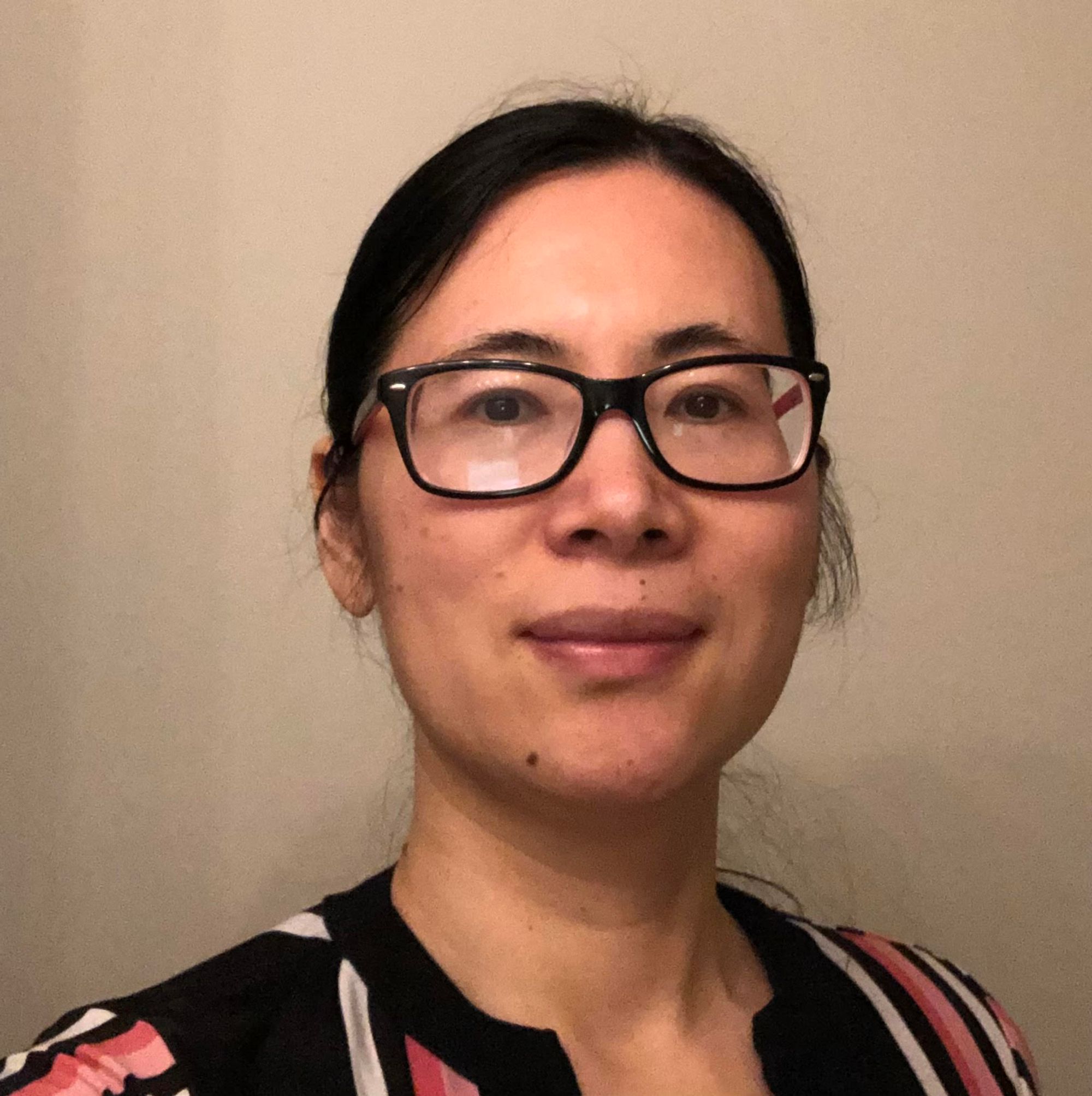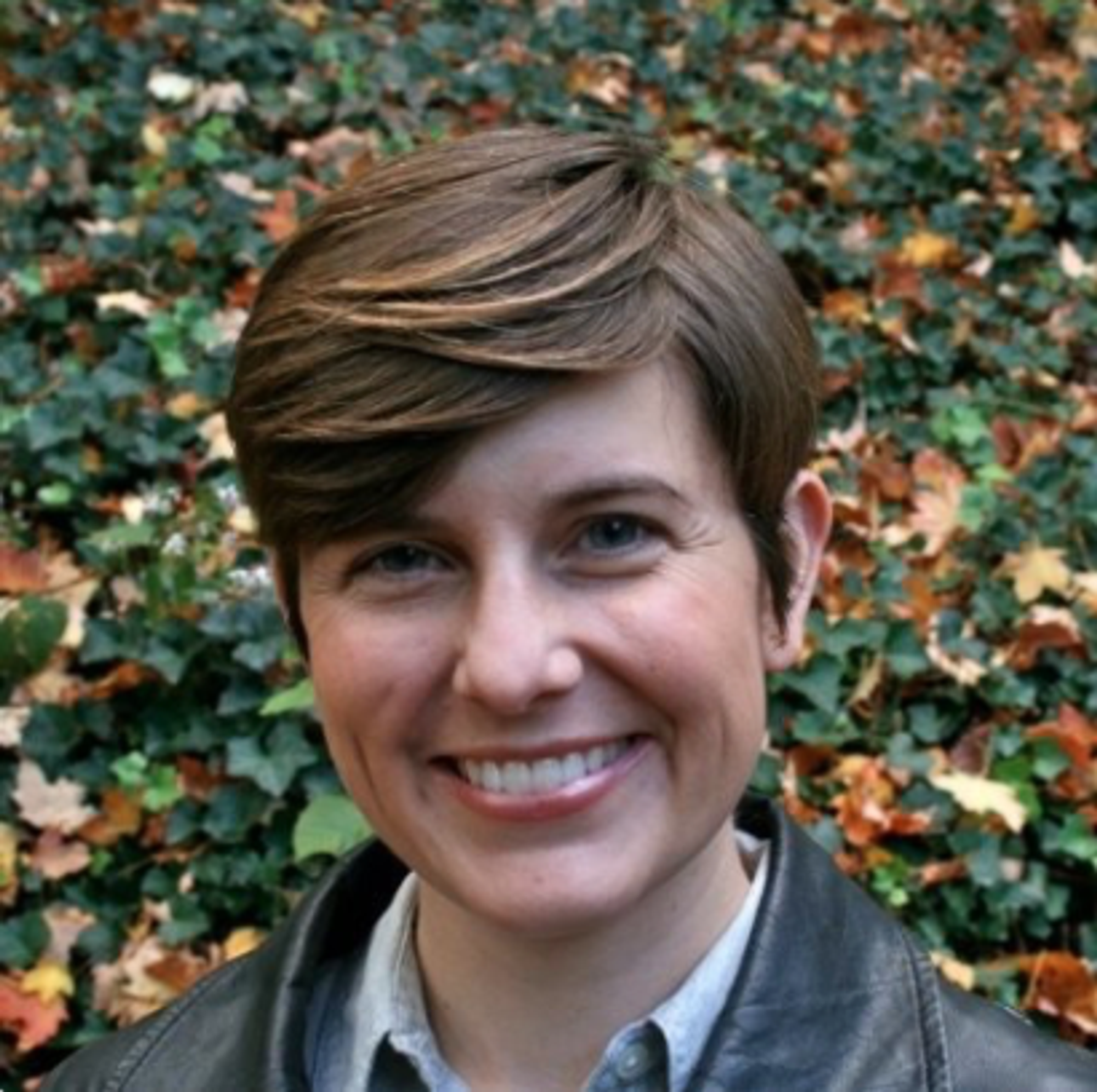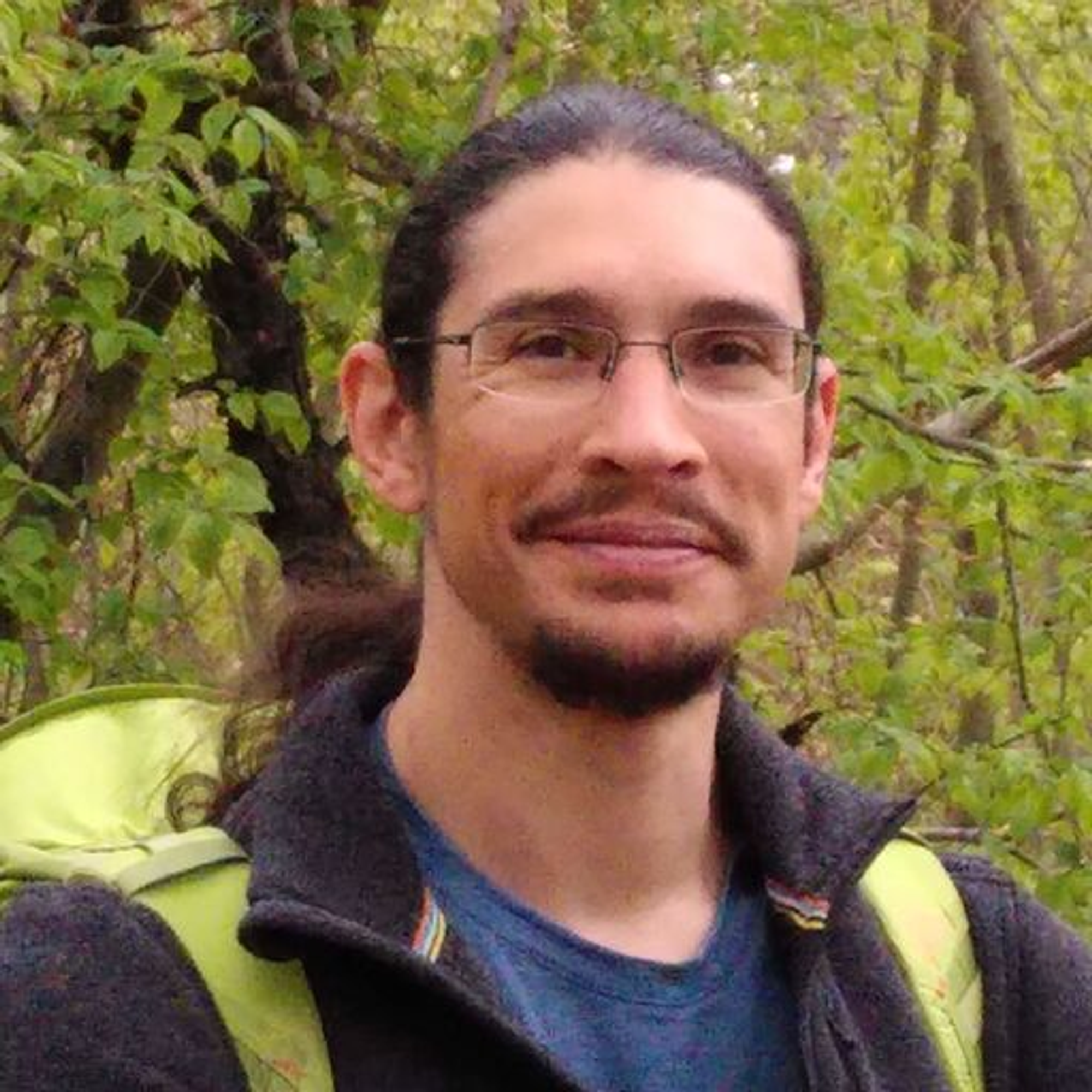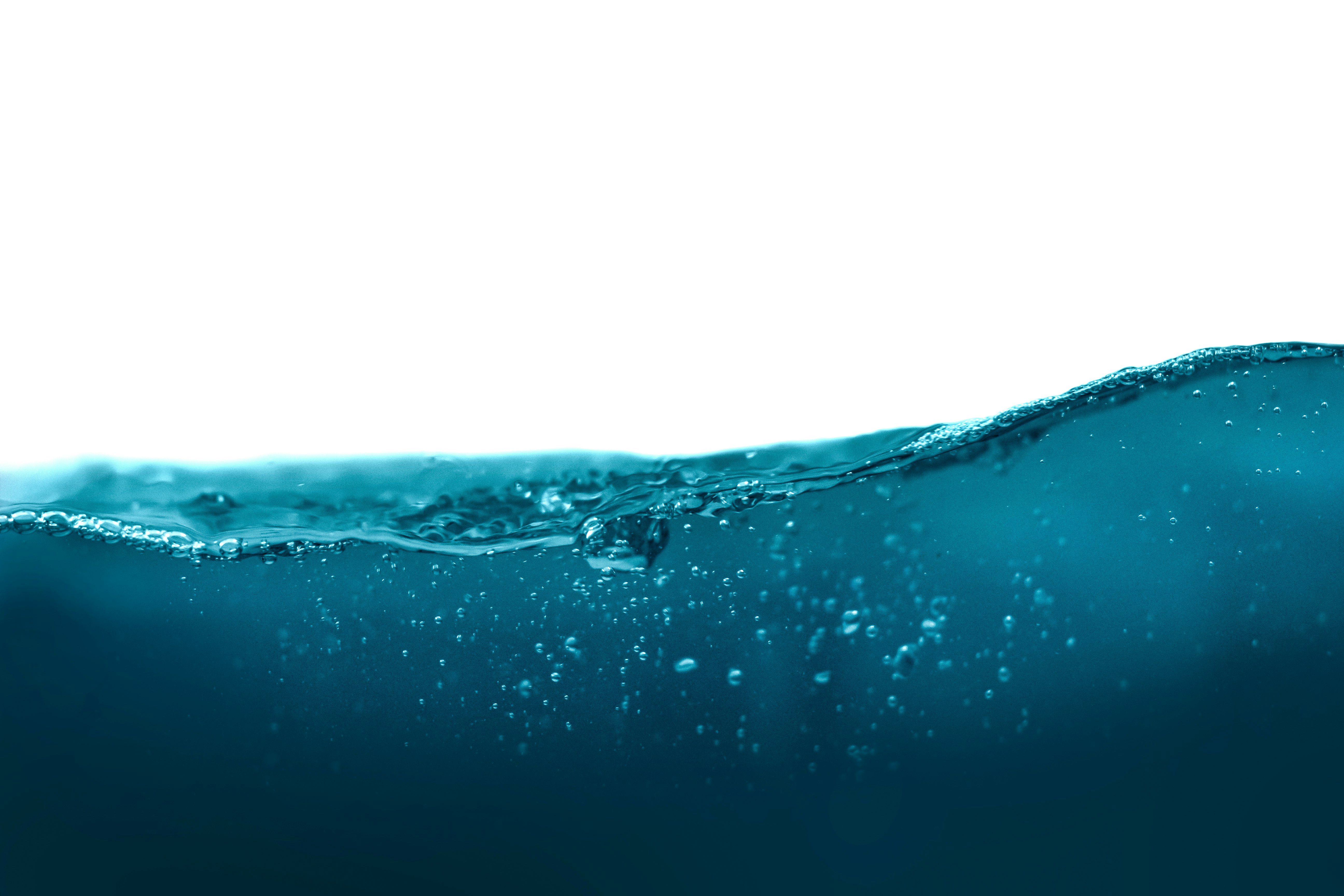When happened: March - July 2022
Satellite altimetry technology has enabled new ways of monitoring water levels; however, individual satellite observation typically is limited in temporal coverage and hence is not sufficient for supporting freshwater resources management. Our Working Group will focus on applying ML technologies to integrate multi-satellite altimetry data to improve the temporal resolution of lake water level monitoring.
Project Overview
- Minimal goal: Develop a neural network approach that can obtain the Kalman gain of the state-space model for diverse lakes
- Stretch goal: Investigate the effects of sample size on deriving Kalman gain. For example, can a larger lake with more satellite water level measurements get a more reliable Kalman gain than those smaller lakes with fewer measurements? Summarize your hypothesis, objectives, data, method(s), and findings in a short article.
Leads / Advisors

Dr. Zhaoqin Li | Lead
Postdoc Researcher, Natural Resources Canada

Dr. Karen Smith | Advisor
Assistant Professor, U of Toronto

Dr. Andre Erler | Advisor
Senior Climate Scientist Aquanty
Top Contributors
Team #1
~ $1500 prize
Team #2
~ $1000 prize
A bit about the experience
Freshwater Management was a Parthenon, a majalah of post docs of differing skillsets and pursuits, as well as several longtime computer programming nerds. Together, we were to take the promise of a complicated academic paper and apply it to the open question of how best to use a Kalman Filter on Satellite altimetry readings. Through three months we explored the paper, its associated code, as well as our own ideas.
The visceral successes we met, an efficient ML-free Kalman Filter and a LSTM/GRU model that could create similar results to a Kalman Filter; were not what we had set out to create. The holy grail of a ML/DL-Kalman Filter hybrid remained out of reach.
However, the ordeals we had to overcome to find these luke warm successes, forged in all of us a deep respect for why lake water level readings from satellites is still an open question.
More effectually, a bedrock of foundation was created that helped to launch the successor working group. The trials and travails engaged early 2022 are directly profiting the data scientists exploring the open question half a year later.
A special thanks goes to Dr. Zhaoqin Li, who helped guide us throughout our work, and to this day is assisting the successor group.
~ Jesse Passmore, project contributor
More about the successor group → find here.
Sponsored by our friends at

 Aggregate Intellect
Aggregate Intellect